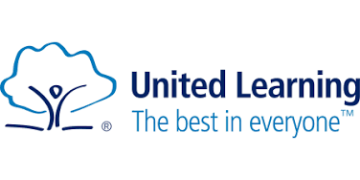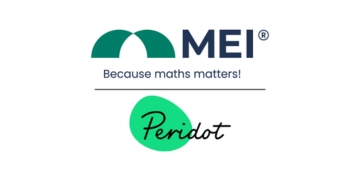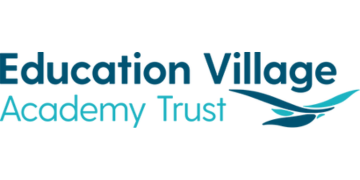Students should wear face coverings in classrooms and teaching spaces in light of rising cases of the Omicron variant of Covid 19, the government is recommending.
New measures are now being introduced to combat spiralling Covid 19 cases, which is expected to cause significant disruption to staffing in colleges and FE providers at the start of the new term.
Today’s new advice is due to be reviewed on January 26. Pupils and students in year 7 and above are in scope.
In mid-December, the Department for Education issued a rallying cry to ex-teachers to get back to the classroom to help “boost supply capacity” in an anticipation of a possible avalanche of staff absences.
DfE also say that colleges will be able to request an inspection deferral if they are experiencing high levels of staff absence due to Covid 19.
FE Week understands that other FE providers, such as adult and community education providers and independent training providers will also be able to make a deferral request.
Ministers are also pledging to provide 7,000 more air purifiers to schools and colleges for “areas where quick fixes to improve ventilation are not possible” although the roll-out will not start until next month.
The education secretary, Nadhim Zahawi, has said that he will do “everything in his power” to keep schools and colleges open for face to face teaching this January.
“There is no doubt that the Omicron variant presents challenges but the entire education sector has responded with a Herculean effort, and for that I thank each and every one of you” Zahawi has said.
“The Prime Minister and I have been clear that education is our number one priority. These measures will bolster our support for schools as we do everything in our power to minimise disruption.”
Ofsted will also confirm today that any school or college leaders that serve as inspectors will be temporarily stood down from their inspection duties to focus on leading their institutions.
The National Education Union’s joint general secretary, Dr Mary Bousted, said that face coverings in classrooms was “overdue” and “should be a requirement”.
“Finally, the government have been forced to recognise, and react to, the scale of the Omicron variant and its potential impact on education” she said.
David Hughes, chief executive of the Association of Colleges (AoC) welcomed today’s guidance. “With rising cases and infection rates, it is helpful for colleges to be given additional guidance ahead of the new term. They will also need support to be flexible as circumstances require – they know their staff, their students, and their facilities best and will always strive to do their best to support learning and training in a safe environment.
“With over 300,000 students taking assessments and exams in January and February, we all need to focus on giving them the certainty, support and confidence they need to perform to their best” Hughes said.
The Association of School and College Leaders (ASCL) supported today’s extra measures. On face coverings being recommended in classrooms its general secretary, Geoff Barton, said that students “are used to their use and we are sure the reintroduction is something that schools and colleges will take in their stride.”
However, Barton warns of possible disruption for colleges despite the measures being announced today.
“The biggest problem they face is the likelihood of high levels of staff absence caused by the prevalence of the Omicron variant.
“While schools and colleges will do their very best to minimise the impact on pupils and students, as they always do, there is a possibility that this will mean that some classes and year groups have to be sent home for short periods of time to learn remotely.”















Pearson need to look at their assessment and exam timetable for January. Set tasks have been scheduled for numerous subjects at the same time. I would suggest that the set tasks get pushed back 2-4 weeks so that centres can facilitate the external exams for BTECS and other awarding organisations external jan exams.
A vast number of invigilators and centre staff will be out of action due to Covid and isolation. Students may not get their EAA due to lack of staff.
Let’s be honest, if centres put in a special consideration request for learners that missed their exam/set task due to Covid, the standard reply from AOs will be “they can sit in the summer series”
The January series needs to have a longer duration, rather than the 2 week window starting on the 10th.